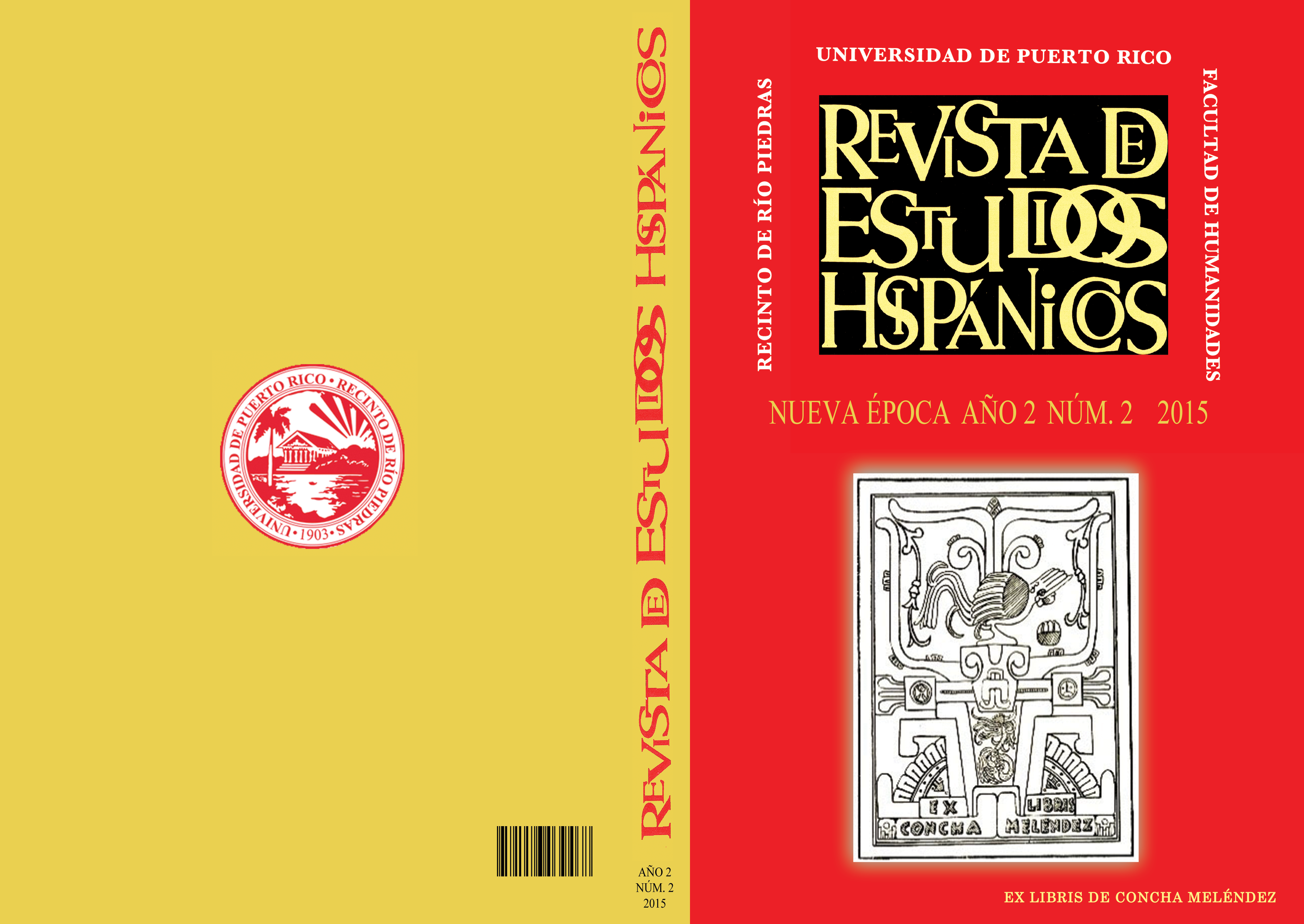Abstract
In spite of forming part of the Latin American Boom, famous for its literary magic, Vargas Llosa is known for his "realism". A close reading of his critical work ─especially of his favorites Madame Bovary, Les miserables, Tirant lo Blanc and One Hundred Years of Solitude─ betrays, however, a secret love for the "untamed withcraft" of literature. The esthetic paroxism that poetry produces in Vargas Llosa again reveals his passion for the supernatural and the impossible. This attitude can help explain the curious technical vocabulary Vargas Llosa employs in his criticism ─"demons", "spells", "deicide"─. The supernatural flavour of his literary theory caused a fiery polemic with literary scholar Ángel Rama. This paper explores the curious paradox of Vargas Llosa, a "realist" writer who ironically prefers literary magic.This work is licensed under a Creative Commons Attribution-NonCommercial 4.0 International License.
Downloads
Download data is not yet available.

